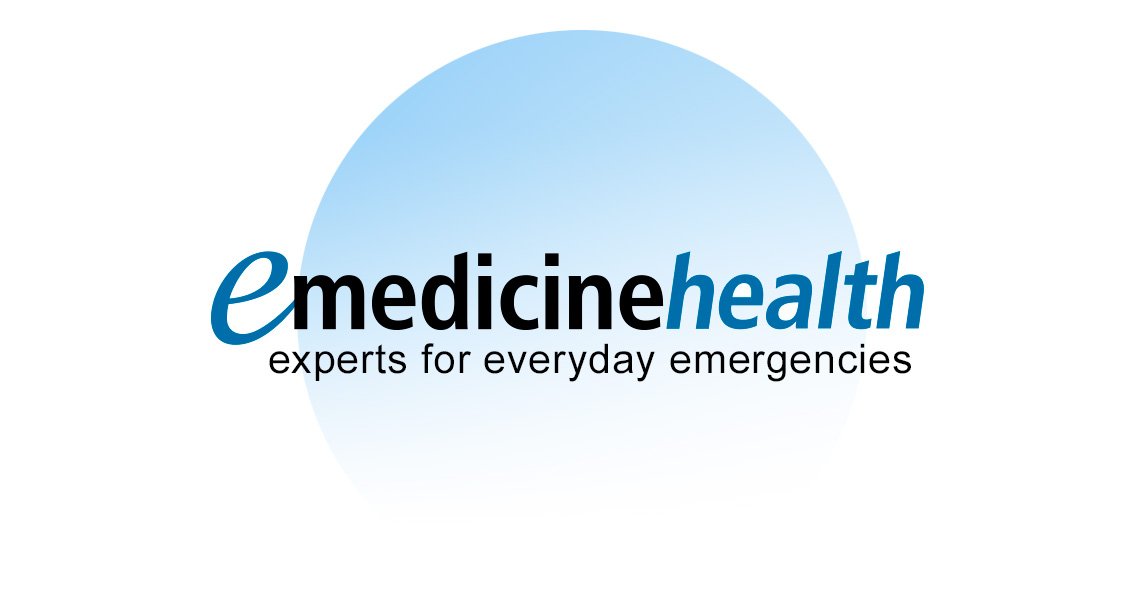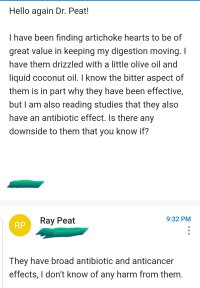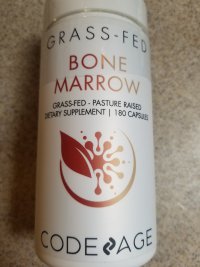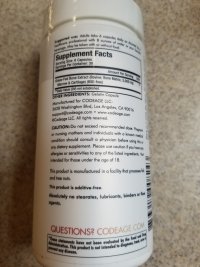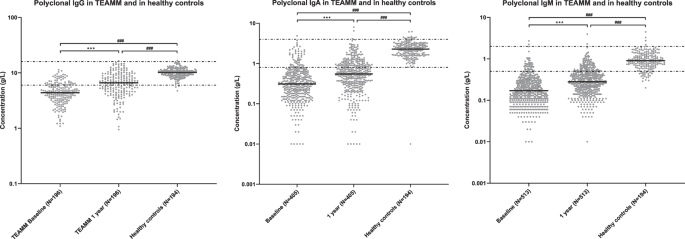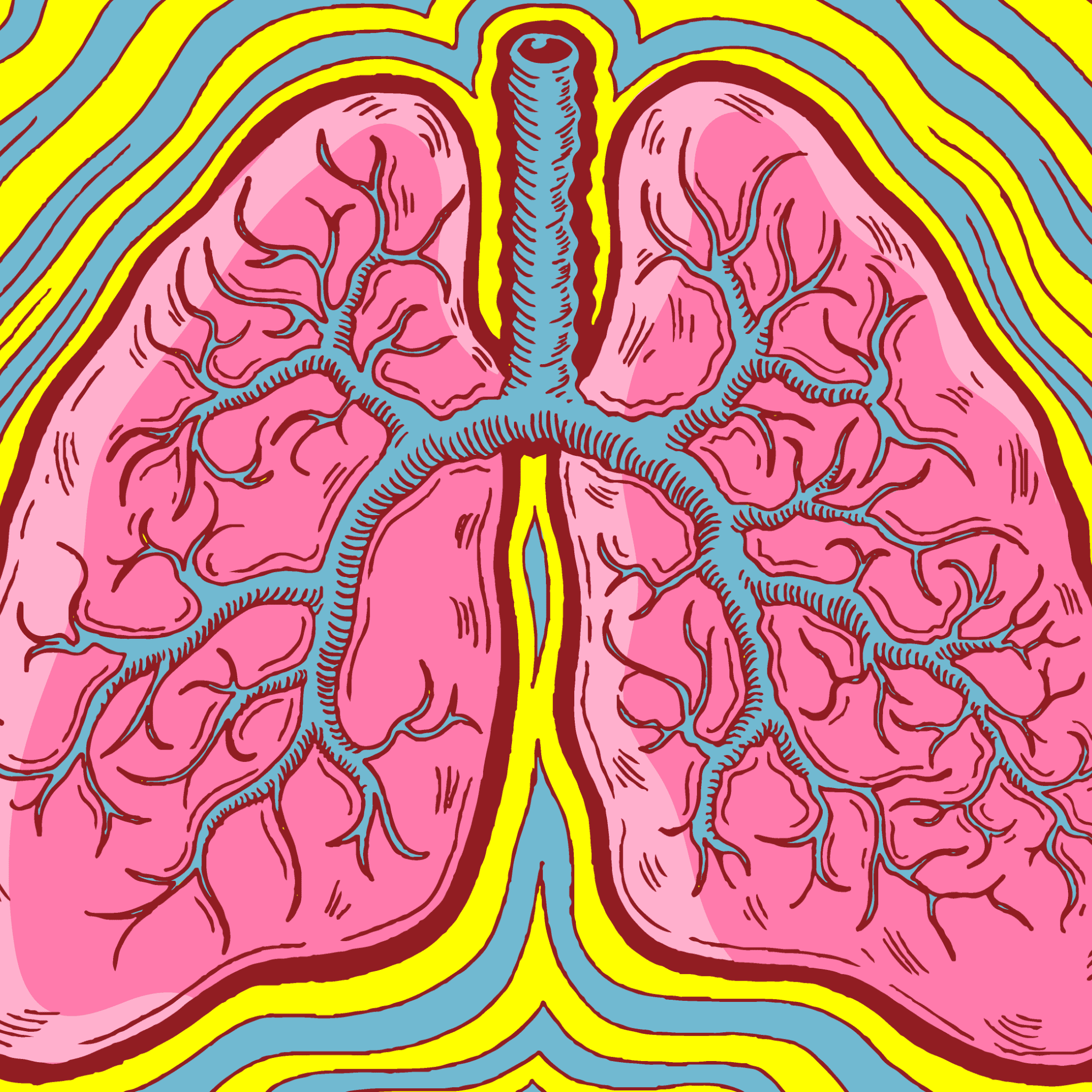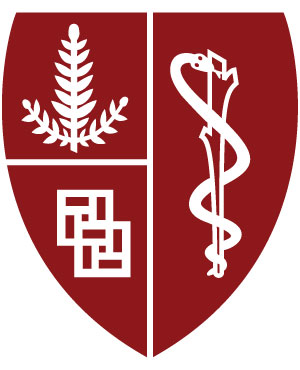Rinse & rePeat
Member
- Joined
- Mar 10, 2021
- Messages
- 21,516
"For physiology, the equivalent of medicine’s “first do no harm” would be “first, don’t believe unfounded doctrines.” Accepting that principle puts a person into a critical attitude, and experiments can become actually “empirical,” an extension of experience that allows you to perceive new things, rather than “testing hypotheses.” Unless a hypothesis is a generalization from real experience, rather than a deduction from a doctrine, progress is likely to be very slow. A first step in developing a critical attitude is to identify the idols that stand in the way of real understanding.
Immunity, intelligence, appetites, tumor growth, aging, the proper development of organs—everything that we think of as the biological foundations of health and sickness—will be misinterpreted if there are fundamental misconceptions about physiology." -Ray Peat
Immunity, intelligence, appetites, tumor growth, aging, the proper development of organs—everything that we think of as the biological foundations of health and sickness—will be misinterpreted if there are fundamental misconceptions about physiology." -Ray Peat

